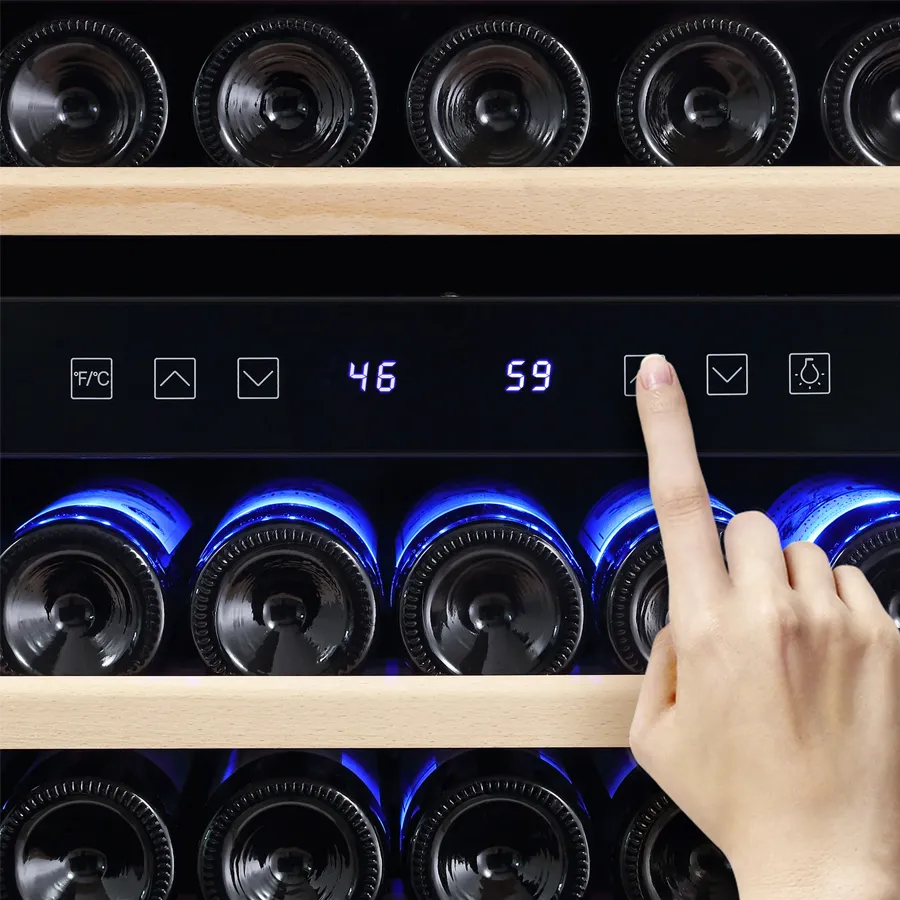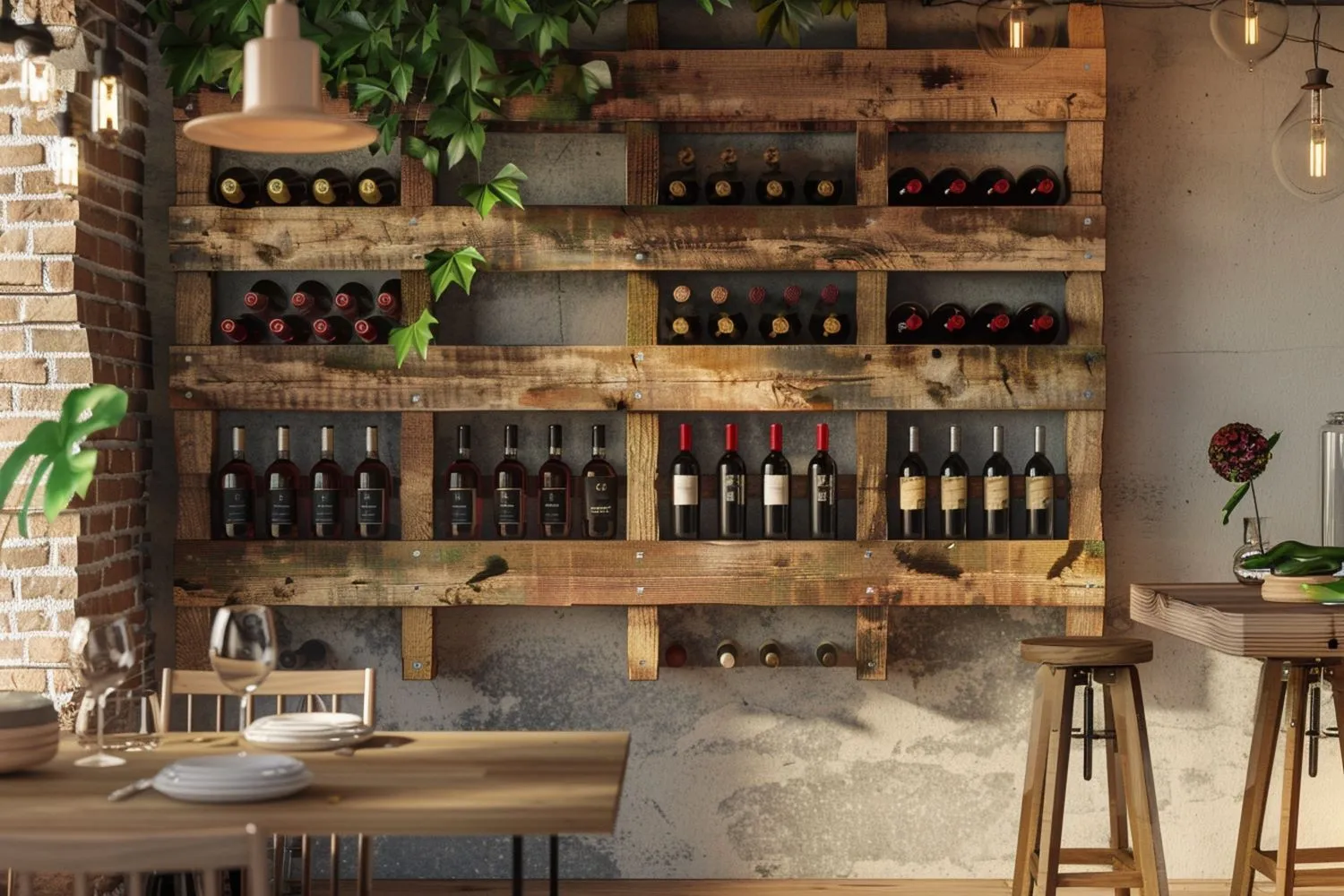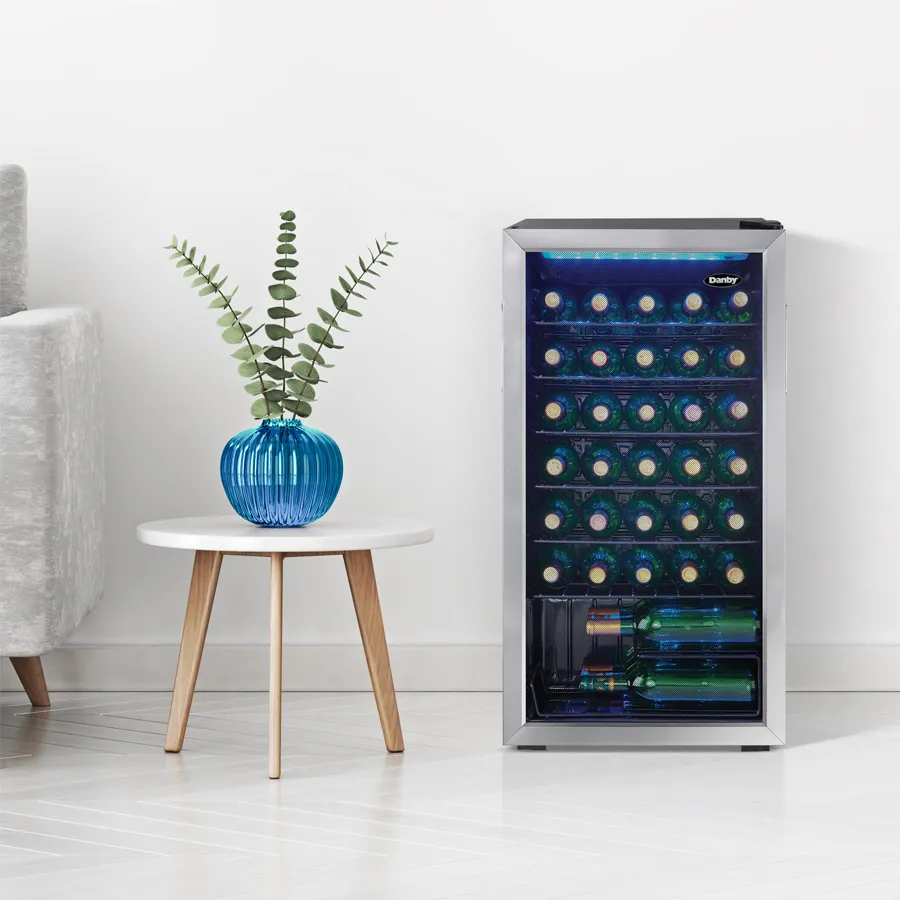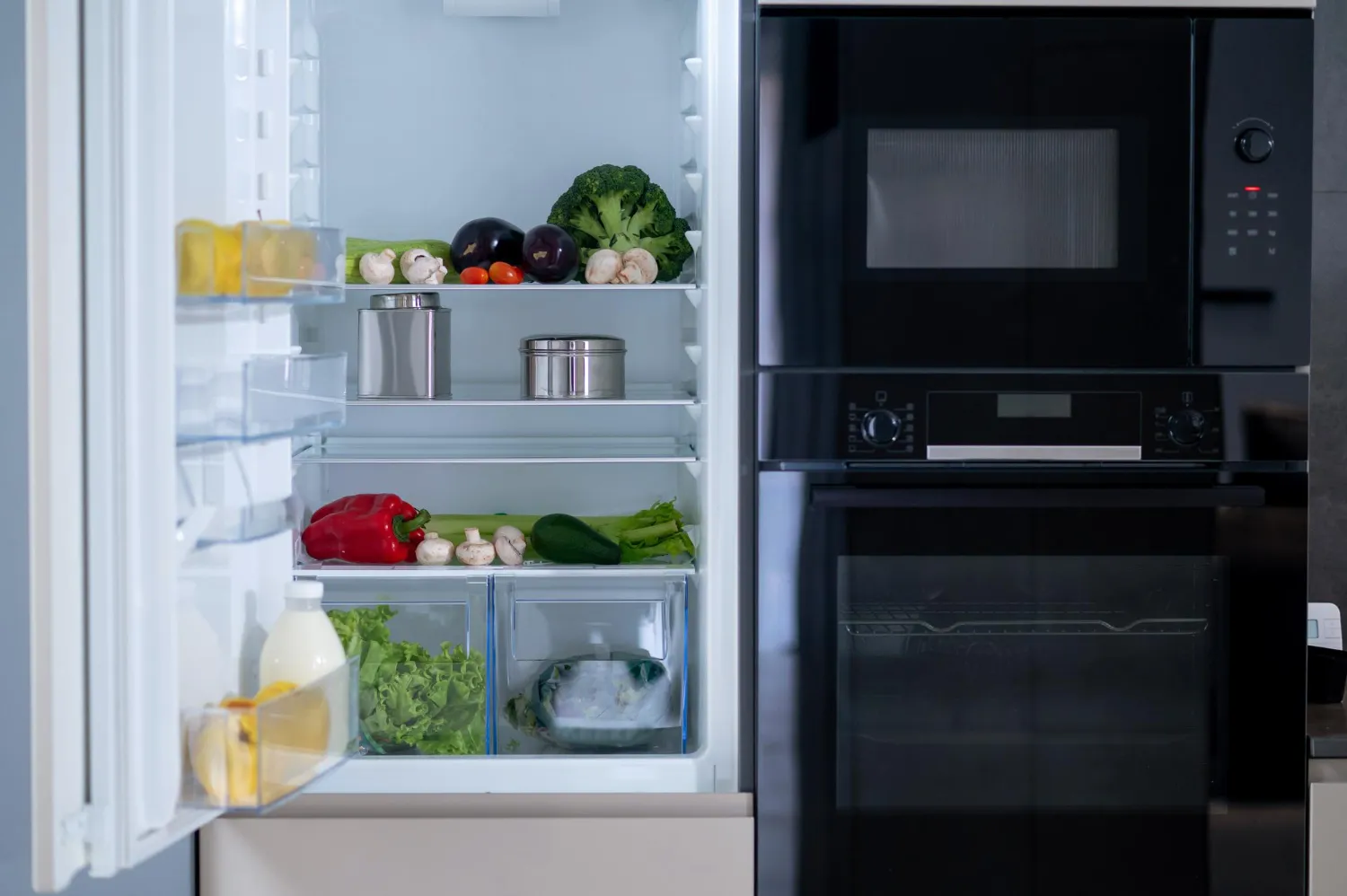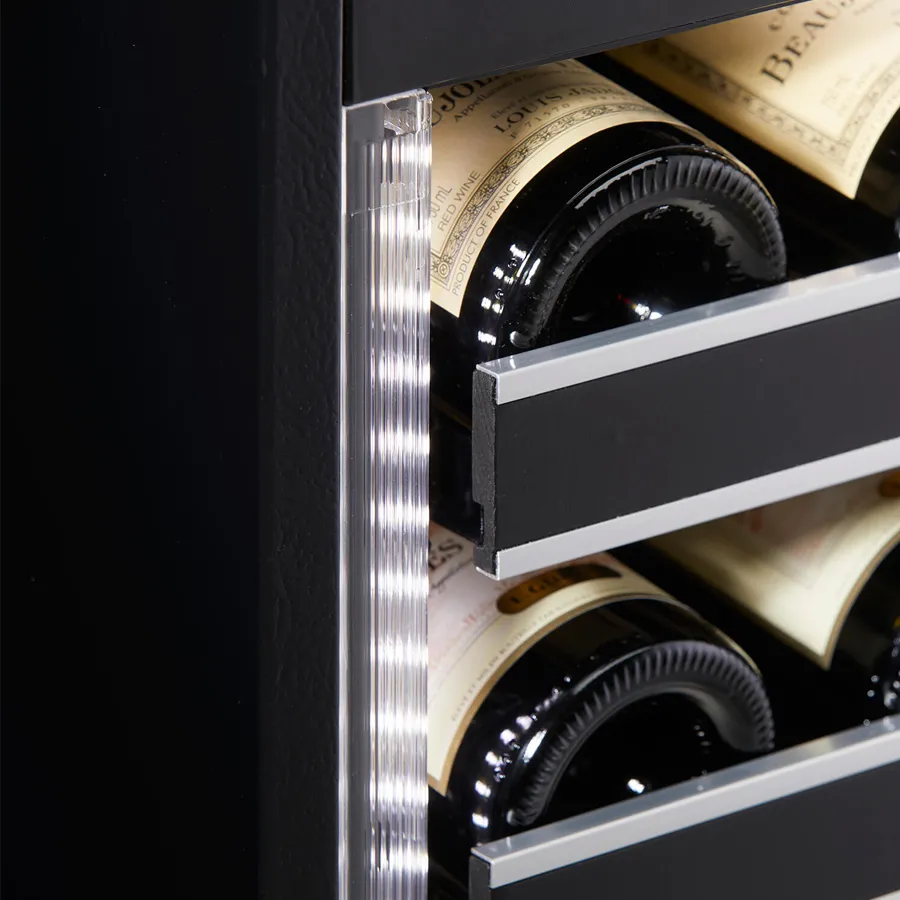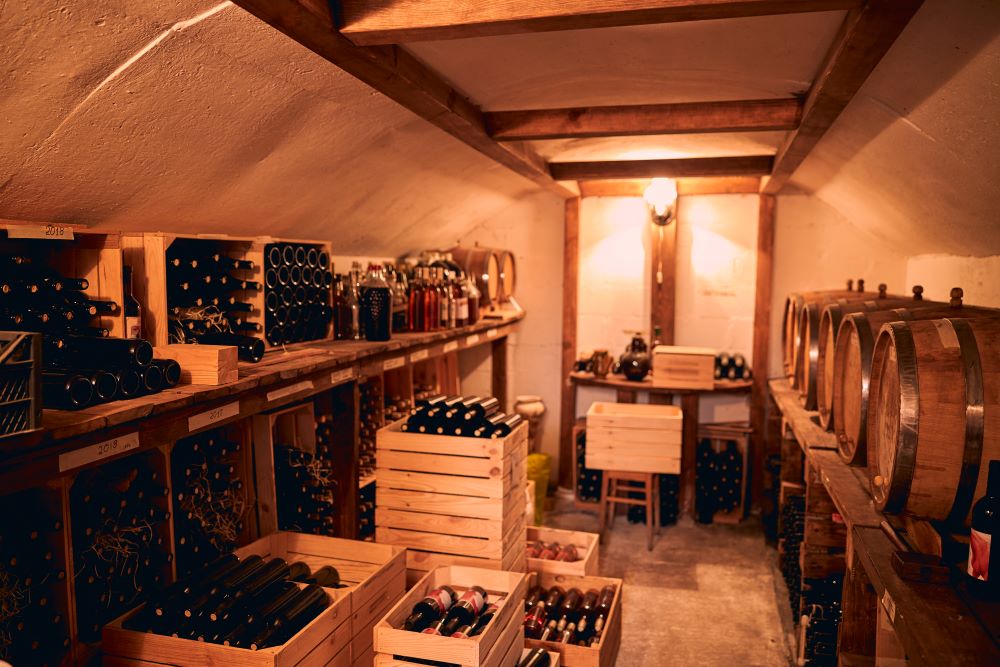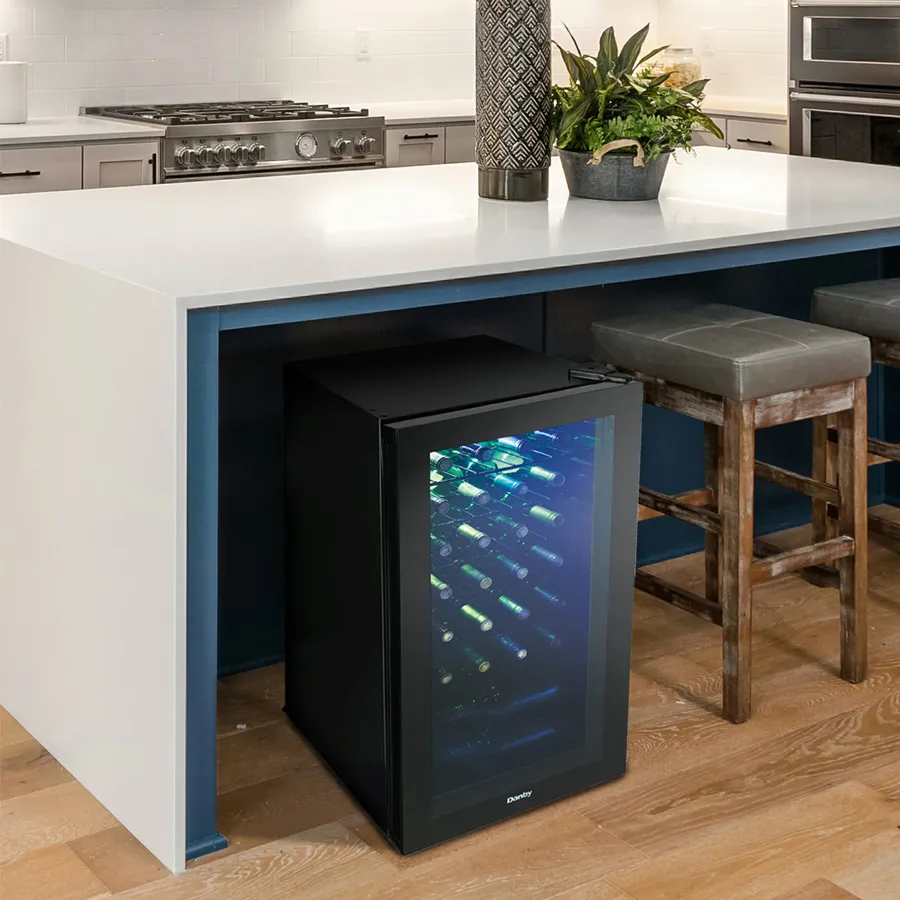Acquiring a wine collection is a great investment, but ensuring that it matures properly is vital. Finding the right location for your wine cellar is crucial to preserving the quality and taste of your collection. Proper ventilation, the absence of direct sunlight and temperature control are key factors in selecting the ideal location for your wine cellar. In this blog post, we will discuss the various options for placing your wine cellar in your home, considering both the benefits and risks associated with each option.
Basement Options
If you have a basement in your home, it can be an excellent location for a wine cellar. Basements are typically darker and cooler than the rest of the house, providing a favorable environment for aging and storing wine. The consistent temperature and lack of natural light make basements an ideal choice for long-term wine storage. However, be sure to consider potential moisture and humidity levels, as these can be detrimental to your wine collection if not properly managed.
Advantages:
- Temperature and Darkness: Basements are naturally cooler and darker than other parts of the house, creating a conducive environment for wine storage. Consistent temperature is crucial for aging wine, and basements often provide this stability.
- Ideal for Long-Term Storage: The lack of natural light and stable temperature makes basements an excellent choice for long-term wine storage.
Considerations:
- Moisture and Humidity: Basements can sometimes have higher humidity levels. It’s essential to monitor and control moisture to prevent it from affecting the wine labels or causing mold.
Ground Floor Alternatives
If your home does not have a basement, the ground floor can also be a suitable location for a wine cellar. Look for a space that is away from direct sunlight and is well-insulated to maintain a consistent temperature. Consider utilizing a spare closet or under-stair space to create a smaller wine cellar. Keep in mind that you may need to invest in climate control systems to regulate the temperature and humidity levels in these areas.
Pros:
- Accessible: Ground floor spaces are more easily accessible than basements, making it convenient for regular wine retrieval.
- Adaptability: Various spaces like closets or under-stairs can be adapted, providing flexibility in design.
Cons:
- Climate Control Needs: Ground floor spaces may require additional investments in climate control systems to maintain optimal conditions.
Creative Solutions in Small Spaces
If you have limited space in your home, there are still creative options for a wine cellar. You can explore innovative storage solutions such as wine racks, wall-mounted shelves, or built-in cabinets to make the most of your available space. Look for areas with minimal temperature fluctuations and keep your wine bottles away from any sources of heat or light. While smaller spaces may require more careful monitoring, with the right precautions, you can still create a functional and elegant wine cellar in your home.
Pros:
- Space Optimization: Creative storage solutions allow for the optimization of limited space, making it possible to have a wine cellar in smaller homes.
- Customization: You can design unique and aesthetically pleasing storage solutions.
Cons:
- Monitoring Intensity: Smaller spaces may need more diligent monitoring to ensure temperature stability and prevent fluctuations.
Wine Storage Facilities
Wine storage facilities offer a secure, climate-controlled environment for your wine collection. These facilities are equipped with advanced technology to monitor temperature, humidity, and security, providing optimal conditions for aging and preserving your wines. Some facilities even offer customizable storage solutions, such as modular racking systems or individual lockers, allowing you to tailor the space to your specific needs. With 24/7 access and professional staff on hand, wine storage facilities provide peace of mind and convenience for wine enthusiasts.
Pros:
- Professional Management: Facilities are equipped with advanced technology and staff to ensure optimal storage conditions.
- Security: Wine storage facilities often have robust security measures in place.
Cons:
- Cost: Utilizing a storage facility incurs ongoing costs, which may be a consideration for some enthusiasts.
Offsite Wine Cellars
If you are looking for a more customized approach to offsite wine storage, consider an offsite wine cellar. These custom-built cellars offer the ultimate in personalized storage, with options for climate control, lighting, and security features tailored to your specifications. Whether you are storing a few cases or a large collection, an offsite wine cellar provides maximum flexibility and control over the storage environment. Additionally, these facilities often offer additional services such as inventory management and wine transportation, making it easy to manage and access your collection.
Pros:
- Ultimate Customization: Offsite cellars offer the highest level of customization for climate control, lighting, and security.
- Flexibility: Tailored solutions for collections of any size.
Cons:
- Expense: Building and maintaining a custom offsite cellar can be a significant investment.
- Distance: Depending on the location, accessing the collection may be less convenient than having it on-site.








